Indigenous Governance Database
Jamestown S'Klallam Tribe
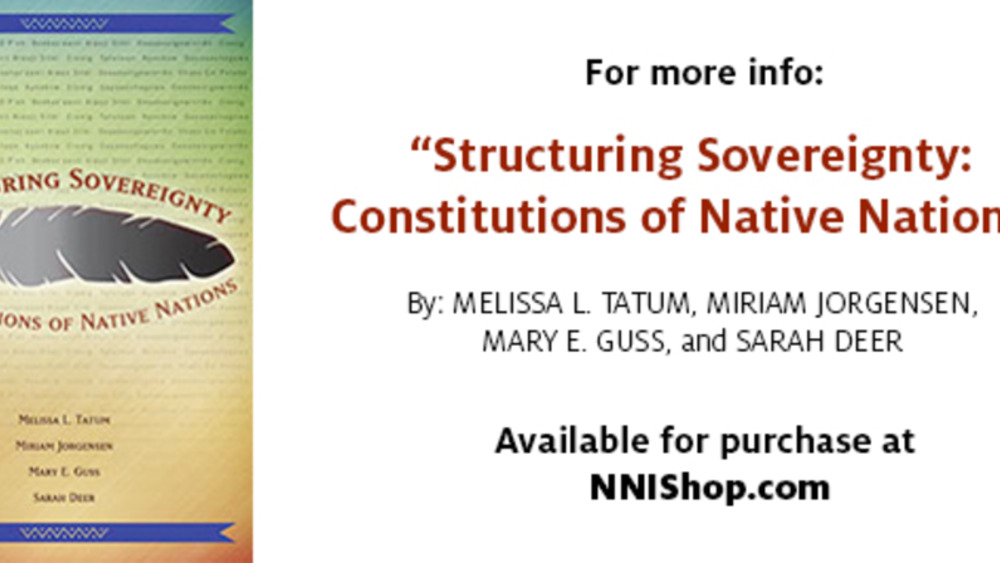
Jamestown S’Klallam Tribe Constitution
Location: Olympic Peninsula of Washington State Population: 600 Date of Constitution: 1980, as amended 1983, 1997, 2000, 2002, 2011, and 2012
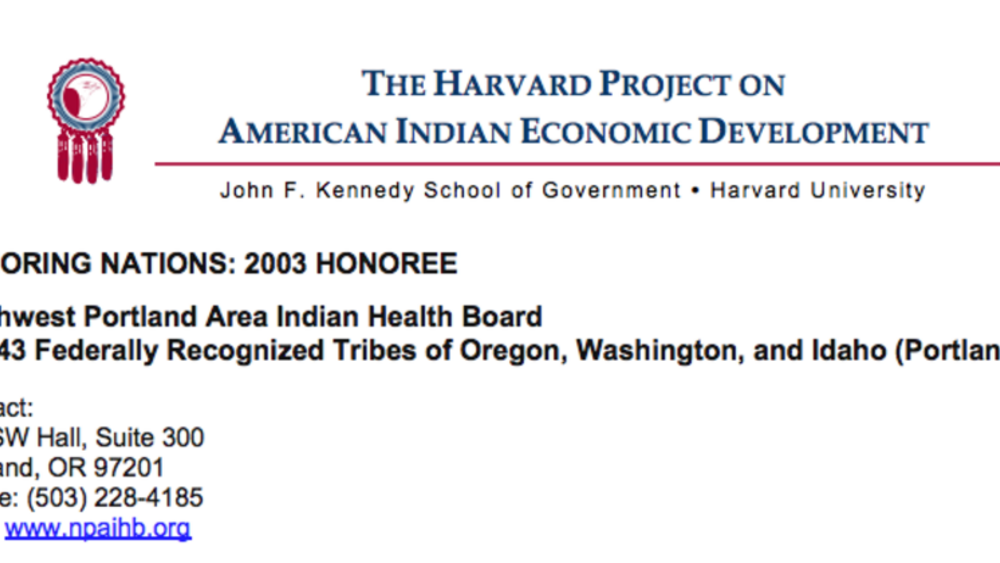
Northwest Portland Area Indian Health Board
Serving tribes in Oregon, Washington, and Idaho, the Northwest Portland Area Indian Health Board (NPAIHB) was created in 1972 to increase tribes’ ability to exercise control over the design and development of tribal health care delivery systems. Governed by tribal government delegates, NPAIHB…
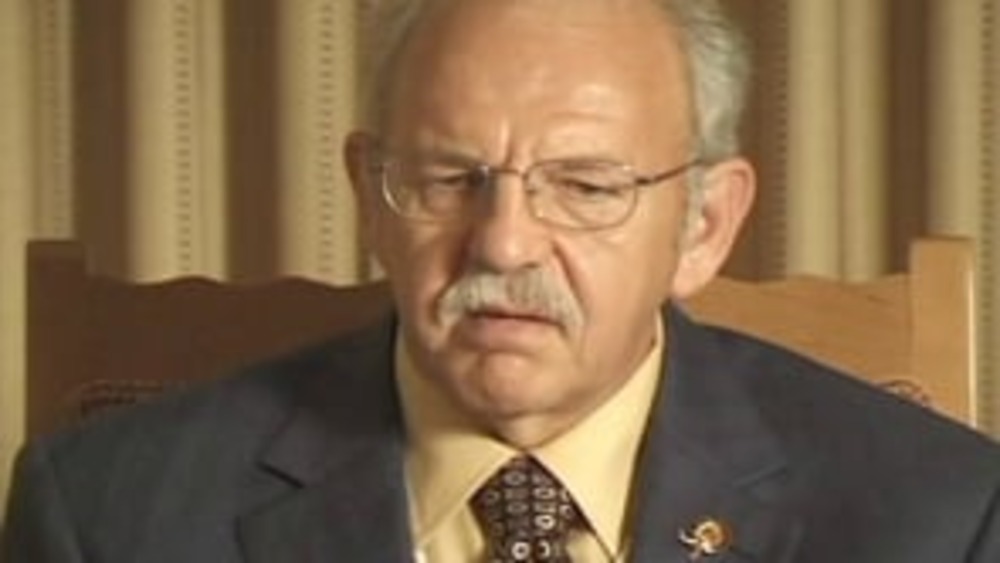
Great Tribal Leaders of Modern Times: W. Ron Allen
Produced by the Institute for Tribal Government at Portland State University in 2004, the landmark “Great Tribal Leaders of Modern Times” interview series presents the oral histories of contemporary leaders who have played instrumental roles in Native nations' struggles for sovereignty, self-…
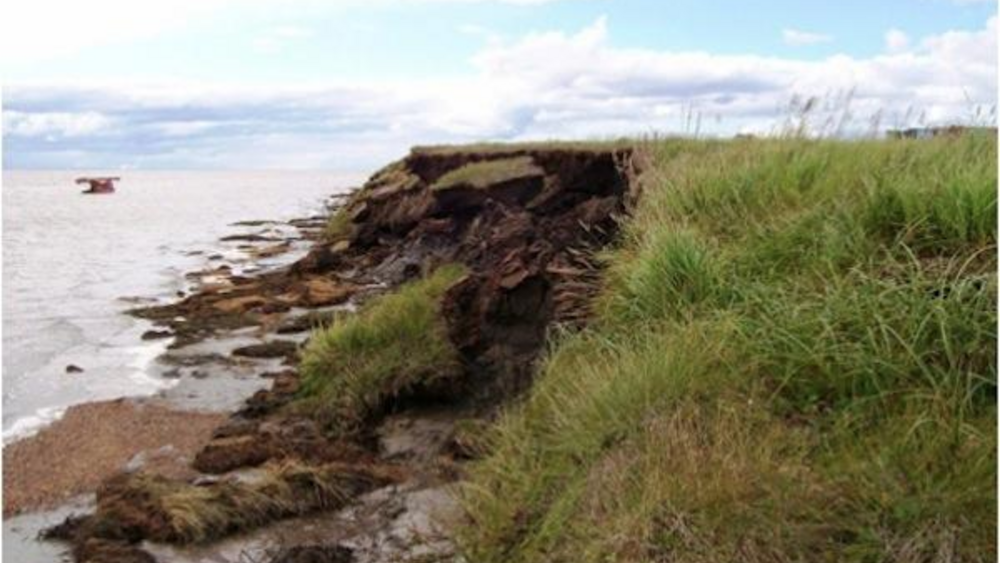
8 Tribes That Are Way Ahead of the Climate-Adaptation Curve
Much has been made of the need to develop climate-change-adaptation plans, especially in light of increasingly alarming findings about how swiftly the environment that sustains life as we know it is deteriorating, and how the changes compound one another to quicken the pace overall. Studies, and…
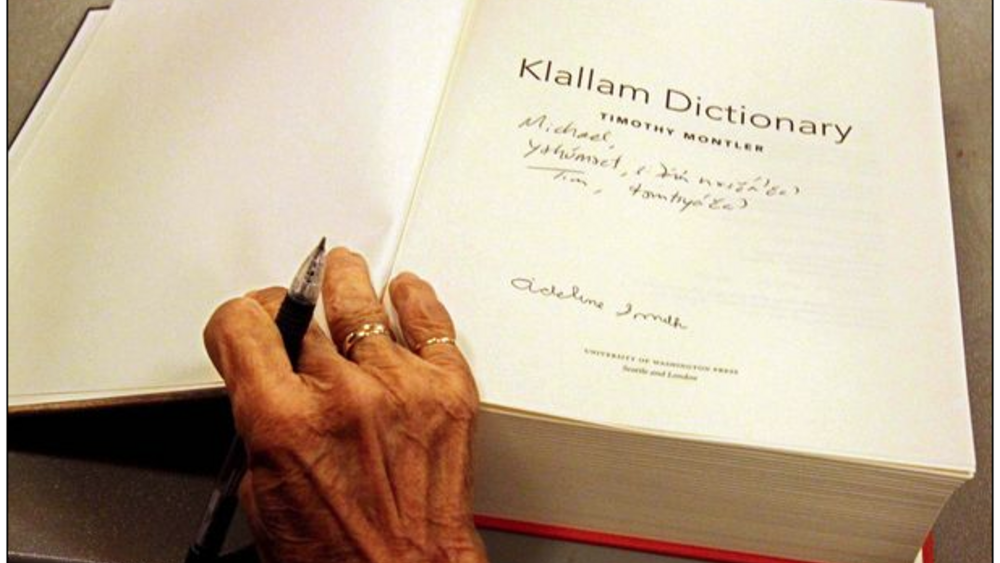
Klallam dictionary opens window into tribal heritage
It weighs in at nearly six pounds, fills more than 1,000 pages, and represents the work of many hands and hearts. The Klallam people’s first dictionary for what was always an unwritten language was built syllable-by-syllable, from tapes and spoken words transcribed into a…
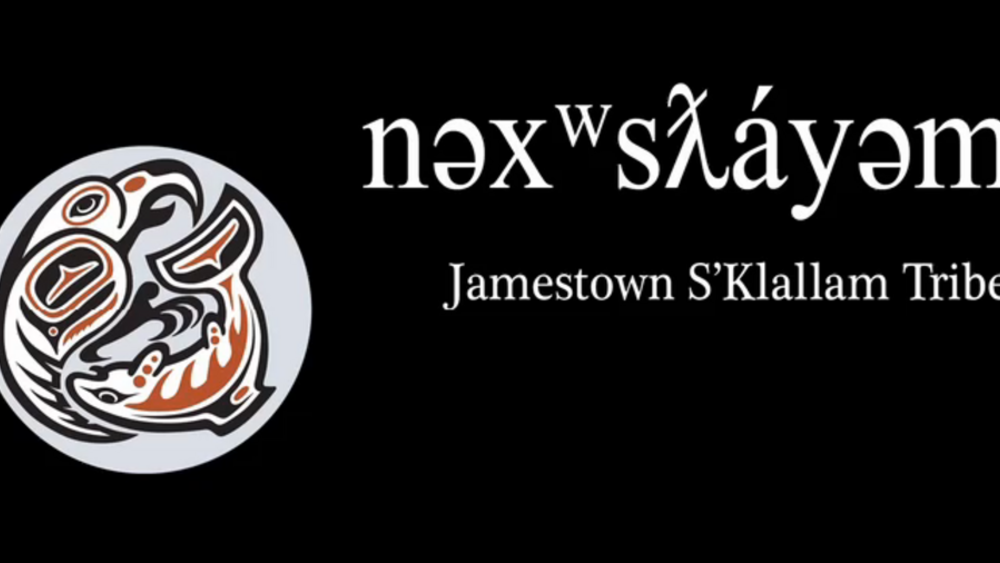
The Jamestown S’Klallam Tribe, a 21st century sovereign nation
For ten thousand years, a Nation of people lived and prospered on the lands now known as the Olympic Peninsula in the State of Washington. These strong people of the S'Klallam Tribes had a system of governance, engaged in commerce, managed natural and human resources, and exercised power over their…
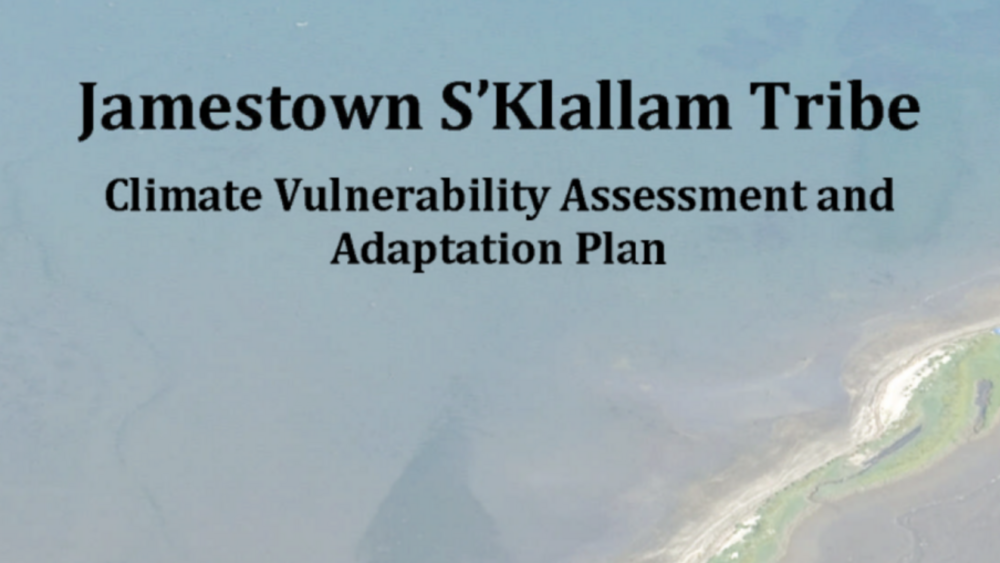
Climate Change Vulnerability Assessment and Adaptation Plan
Jamestown S'Klallam Tribal Citizens and their descendants reside in a landscape that has sustained them for thousands of years, the Olympic Peninusula of Washington State. Particularly over the last two centuries, the Jamestown S'Klallam people have successfully navigated a variety of soceital…
